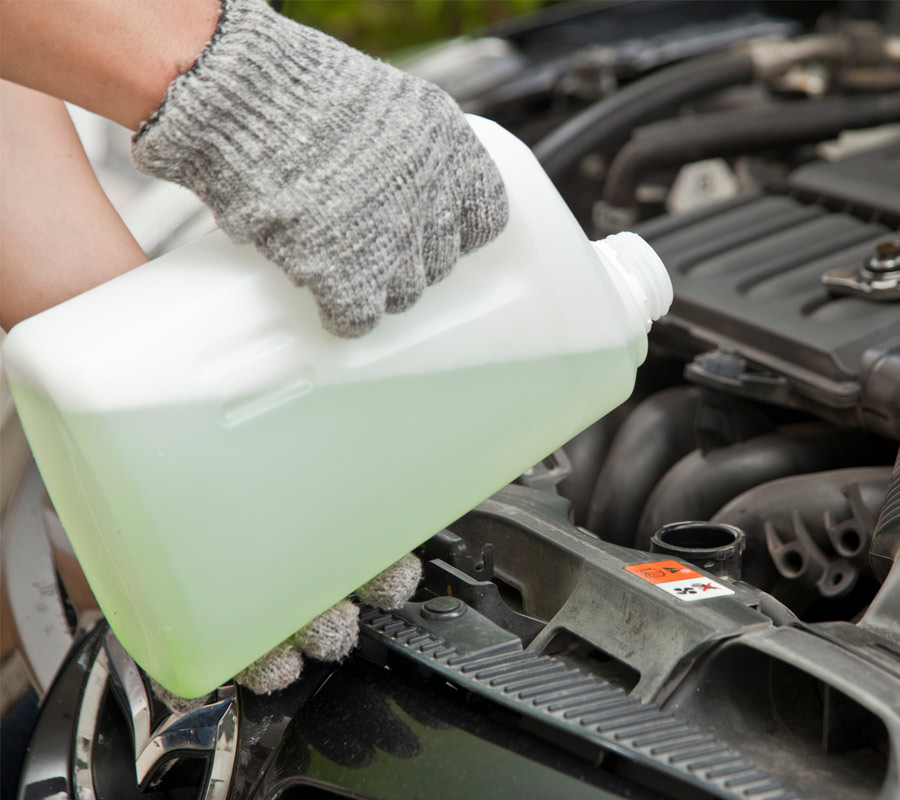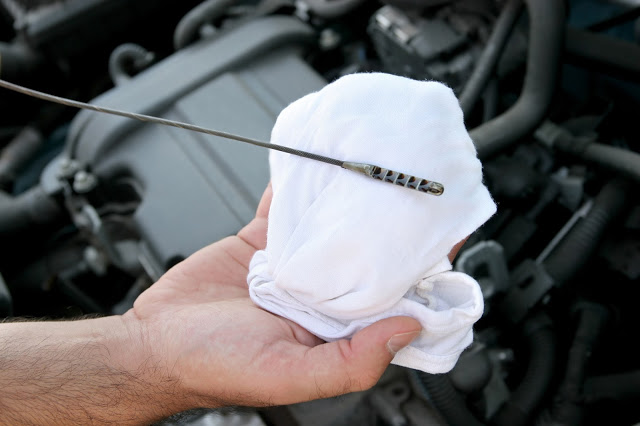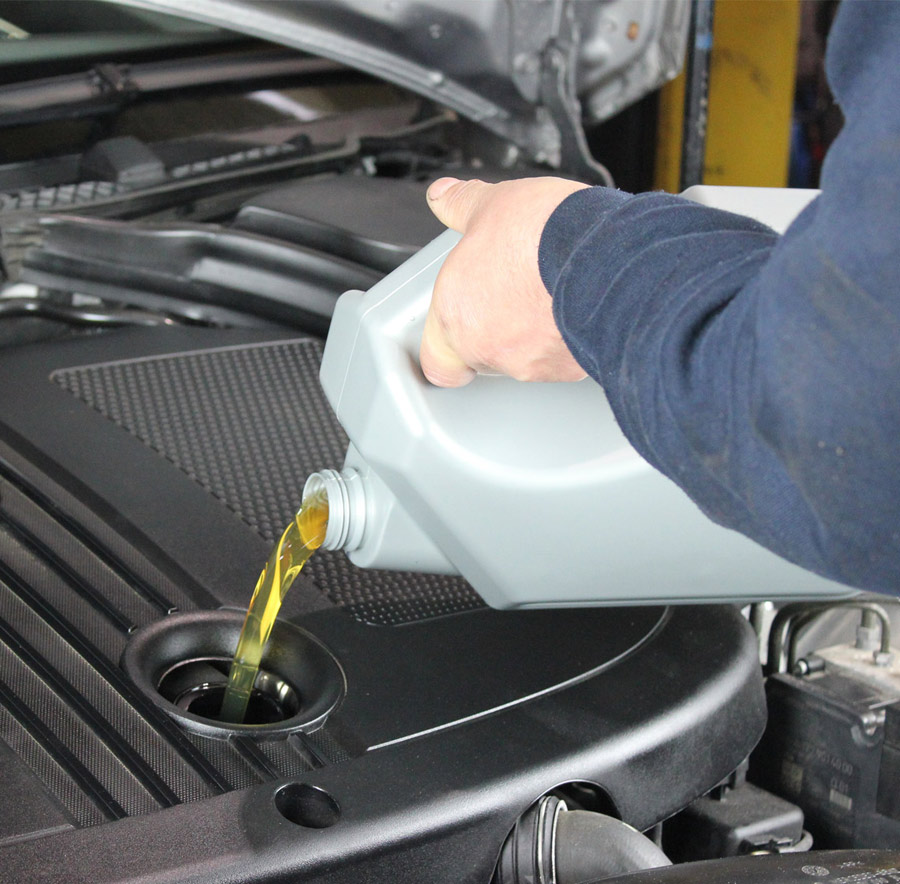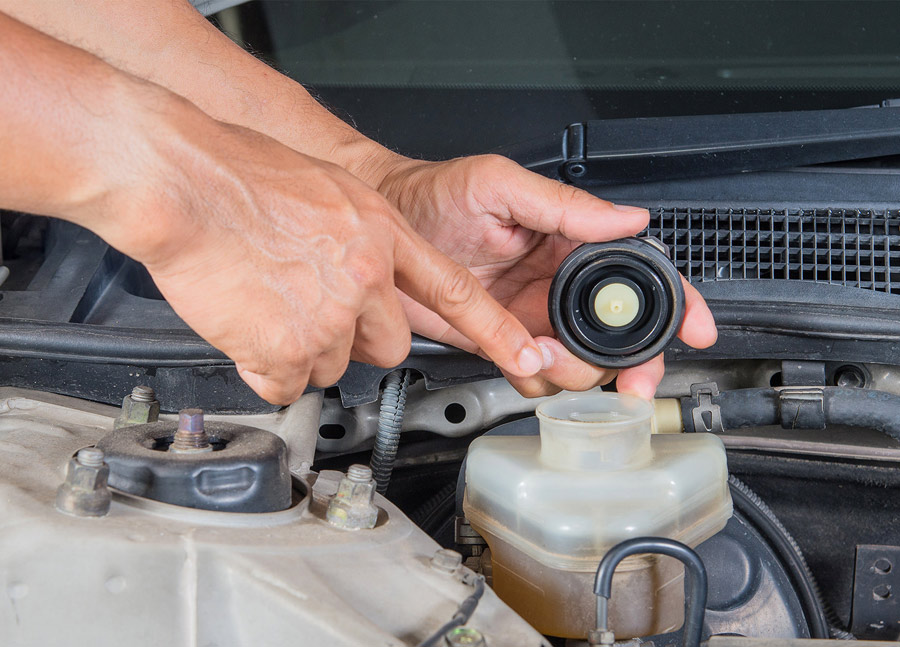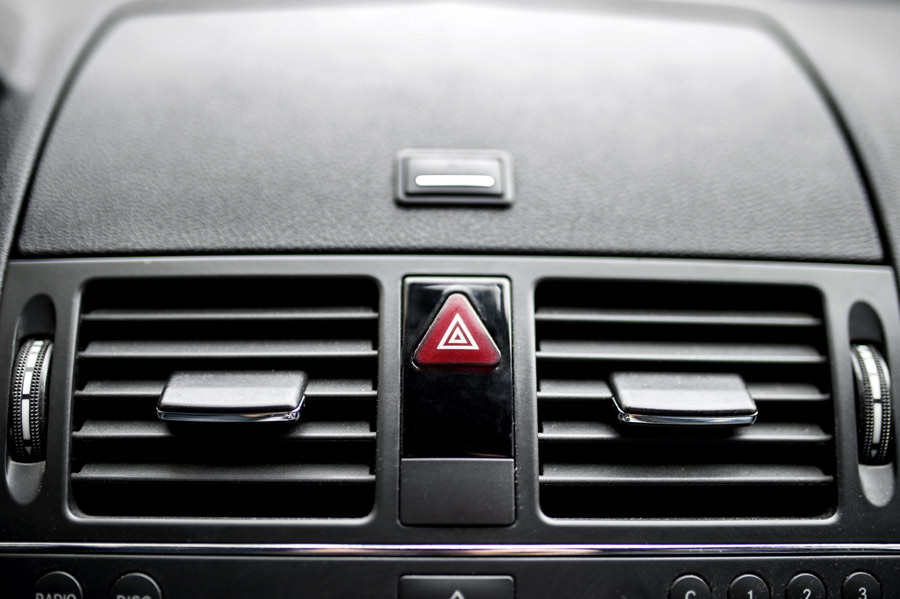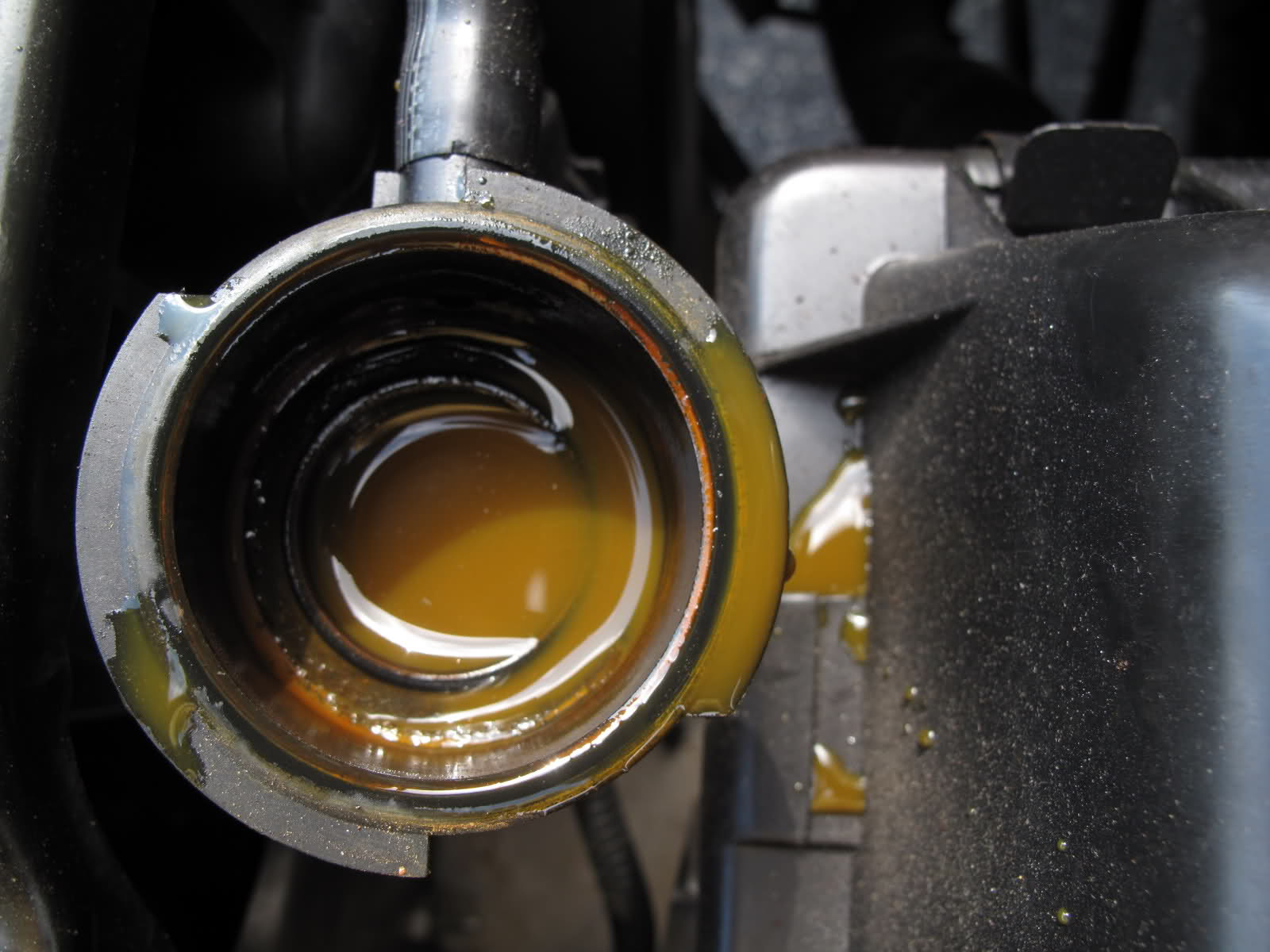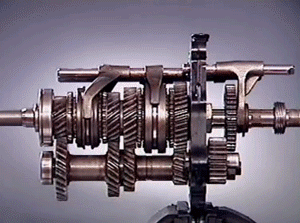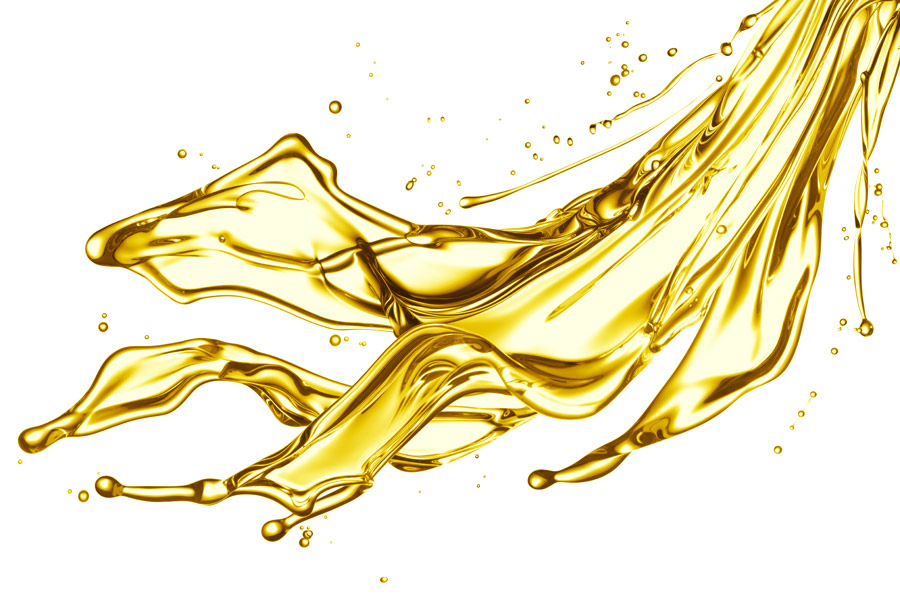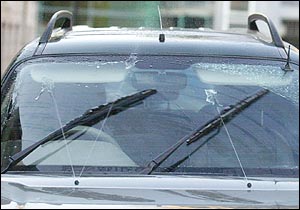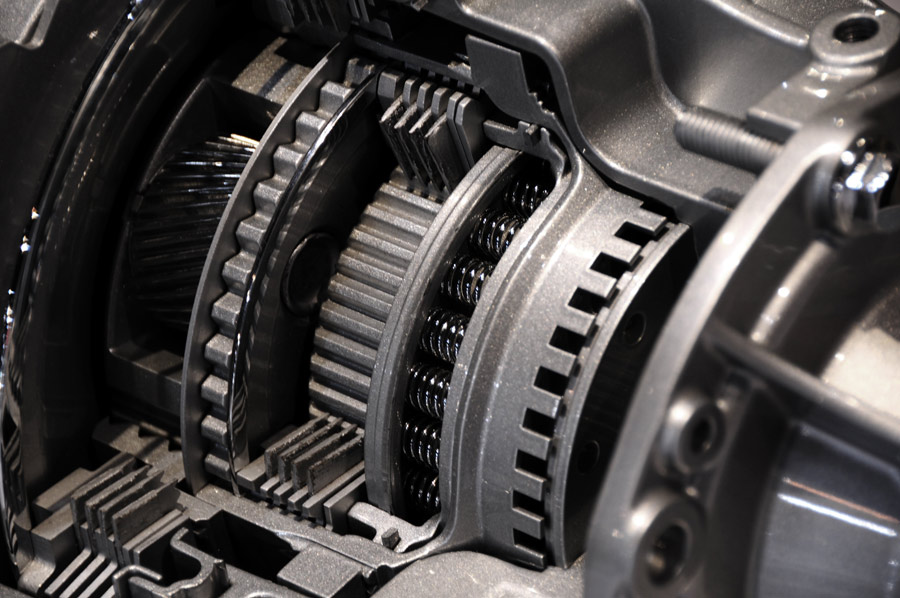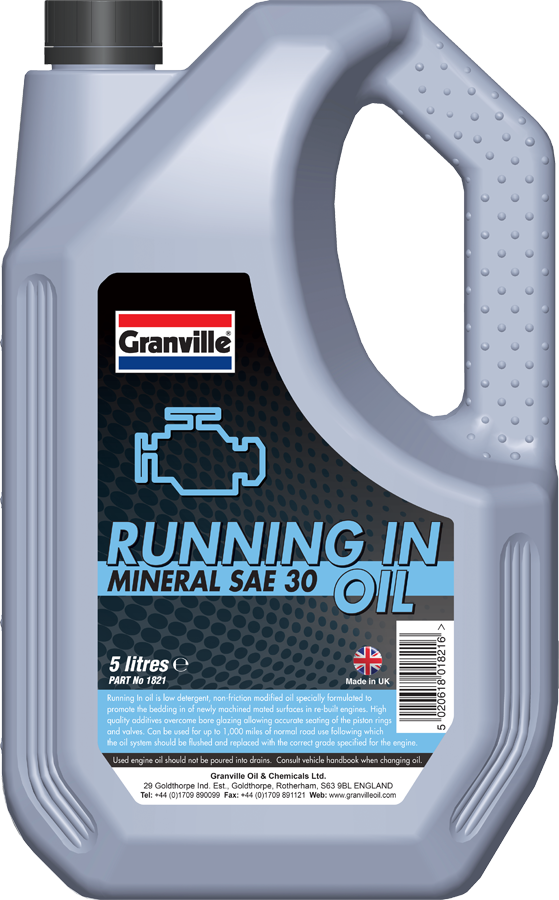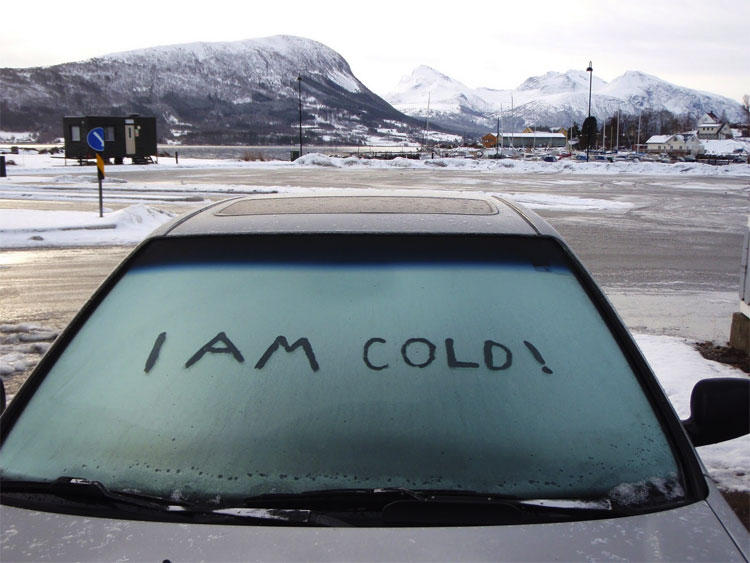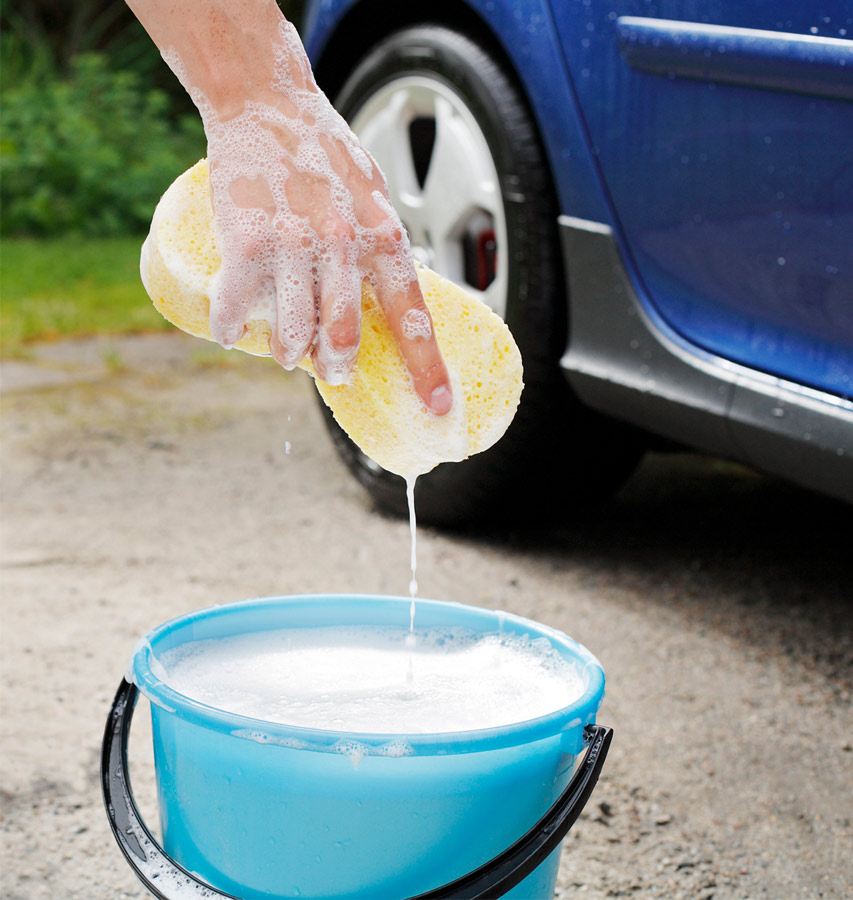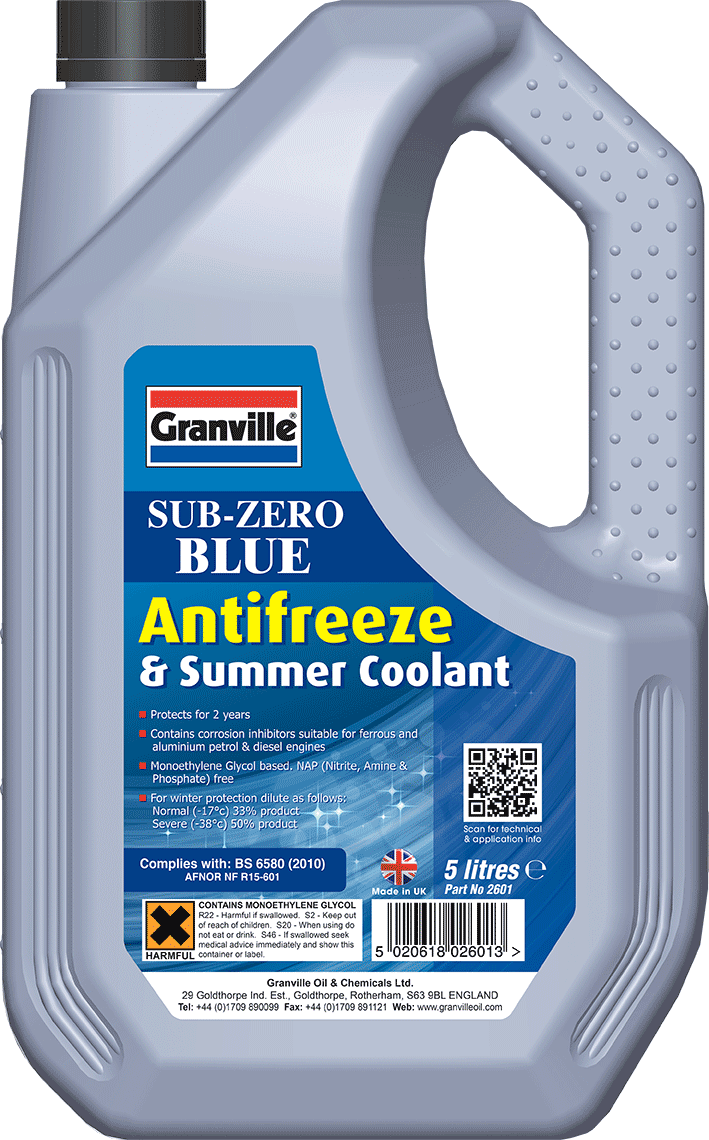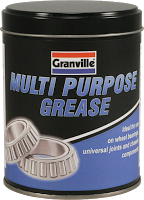- #granvilleoils #tradeshow #motortradeshow 1
- 0w/20 1
- A Bit Of Fun 3
- Abro 1
- Additive Packs 1
- Additive tanks 1
- Aftermarket 4
- Air Conditioning 4
- Animated Cars 1
- Antifreeze 9
- Article 2
- Auto Express 1
- Automatic Transmission 2
- Automechanika 7
- Automotive 35
- Autosol 3
- Autumn 2
- award 1
- Awards 2
- Baring 2
- blow moulding 1
- bottle 2
- bottles 1
- Brake Fluid 1
- Brakes 2
- Brand Focus 2
- Brands 1
- brochure 2
- business 1
- C3 2
- C4 1
- Capacity 1
- Car Wash 5
- carcare 2
- carcleaner 1
- carinterior 1
- Cars 5
- Catalogue 3
- Chemical 7
- chemical plant 1
- Cleaners 1
- Cleaning 10
- cockpit shine 1
- cockpitshine 1
- Cold Weather 4
- company 1
- company brochure 1
- Coolant 5
- Corporate 5
- cutting-edge 1
- design 4
- Dexos 1
- dubai 2
- dv5r 1
- eb2dt 1
- emergency puncture repair 1
- engine oil 3
- ep 1
- EV 1
- evolution 1
- exhibitions 2
- Facts 6
- Favourite Cars 1
- Flunkey 1
- Frankfurt 3
- FS 1
- fs pc 1
- fs rn 1
- Fuel 1
- Garden 1
- Gear Oil 3
- Germany 3
- Granville 10
- Granville bottles 1
- Granville brochure 1
- Granville catalogue 1
- Granville new tanks 1
- Granville Oil 42
- Granville Oil tanks 1
- Granville Oils 2
- Granville Oils Site 1
- Granville tank farm 1
- Granville tyre repair 1
- granvilleoil 4
- graphic 1
- Grease 2
- Gunk 1
- History 1
- homepage 1
- Hypalube 4
- identity 1
- ISO 14001 1
- James Bond 1
- James Holland 1
- logo 1
- Lubricant 18
- lubricants 2
- lubricating oils 1
- Machinery 2
- madeinuk 1
- Maintenance 20
- Manual Transmission 3
- manufacturing 1
- Mechanic 3
- mid saps 2
- motor 2
- Motor Factor 2
- Motor Oil 22
- motoring 3
- Motoring Problems 16
- mtf 1
- new engine oil 1
- new fully synthetic oil 1
- new Granville product 2
- new logo 1
- new packaging 1
- New Product 9
- new products 1
- NGLI 1
- Nova Car Care 3
- Nürburgring 1
- OEM 3
- oil 3
- packaging updates 1
- Paint 1
- Pets 1
- plastic 1
- PMF 1
- Polish 1
- Powertron Ultra 1
- premium oils 1
- product 2
- Product Feature 4
- Product Release 8
- production 1
- Products 3
- profinish 1
- puncture repair product 1
- Rain X 2
- Range 1
- rebrand 2
- rebranding 1
- recruitment 1
- refresh 1
- RN17 FE 1
- Screen Wash 1
- Screenwash 1
- September 2
- Show 1
- Sintron 1
- smartphone 1
- Spring 1
- staff 1
- stop start 1
- Summer 2
- tank farm 1
- tanks 1
- team 1
- Technical 22
- technolube 1
- Trade Show 5
- transmission 1
- Transmission Fluid 6
- Turtle Wax 4
- TV Cars 1
- tyre aid 1
- Tyre Safety 1
- Universal 1
- upgrade 1
- Valeting 9
- Veedol 10
- Veedol OEM 1
- Ventilation 1
- Wax 1
- website 2
- Windscreen 3
- Winter 3
- workmilestone 1
- 2024
- Dec 2
- Oct 2
- Sep 2
- Jun 3
- May 2
- Apr 6
- Jan 1
- 2023
- Dec 1
- Sep 1
- Jul 2
- Mar 4
- 2022
- Nov 2
- Oct 1
- Sep 1
- Aug 1
- Apr 1
- Feb 1
- Jan 1
- 2021
- Nov 1
- Aug 1
- Apr 1
- Mar 1
- Feb 1
- 2020
- Sep 2
- Jun 1
- May 1
- Mar 1
- Jan 1
- 2019
- Oct 1
- Sep 2
- Jun 1
- May 1
- Apr 1
- Mar 2
- Feb 2
- 2018
- Dec 1
- Sep 2
- Aug 1
- Jul 1
- May 1
- Apr 1
- Mar 1
- Feb 1
- Jan 1
- 2017
- Jul 2
- Jun 2
- Feb 2
- Jan 2
- 2016
- Dec 2
- Nov 2
- Jul 4
- Jun 5
- May 3
- Mar 2
- Feb 3
- Jan 2
- 2015
- Nov 1
- Oct 3
- Sep 1
- Aug 2
- Jul 4
Help! My Engine's Overheated!
Article first published Tuesday 19th Jul 2016 10:00
We are finally starting to see something of summer but we’re not the only ones who can get hot under the collar. Your vehicle may start to feel the heat too and an overheating engine is bad news in any kind of weather. A lot of people will panic if they start to see the critical signs of overheating especially if you can see steam pouring out from under your bonnet and a steep climb on your temperature gauge but try and keep a cool head and follow these 6 pieces of advice if you find your engine just can’t take the heat.
Here's When You REALLY Need to Change Your Oil
Article first published Tuesday 12th Jul 2016 11:00
There are so many conflicting opinions on when you should be changing your motor oil but there is a very simple answer and that is…
Is Synthetic Oil the best thing for my car?
Article first published Tuesday 5th Jul 2016 12:00
The most important thing to remember about engine oil is that you should always use the oil recommended for your vehicle. If your user manual specifies synthetic oil then this is what you must use. However in some cases it is possible that either a mineral oil or a synthetic oil is suitable for your engine. If your engine is has no specific recommendation in terms of the base content of the motor oil then you would need to decide based on other factors.
Can I Use Tap Water Instead of Antifreeze in My Cooling System?
Article first published Tuesday 28th Jun 2016 08:00
Technically speaking yes you can use plain water in your cooling system but it isn’t recommended as a long term solution and certainly not in extreme weather conditions.
When Should I Top Up My Brake Fluid?
Article first published Tuesday 21st Jun 2016 09:00
Checking your Brake Fluid is a step which can be easily missed from your routine fluid inspection but it is certainly worth checking up on regularly as with all the fluids in your vehicle because it is vital to ensuring that your brakes work and work well when you need them to.
Why Does My Air Conditioning Unit Smell Bad?
Article first published Tuesday 14th Jun 2016 10:30
Heating, ventilation and air-conditioning systems (HVAC) are susceptible to all sorts of problems which could be causing it to blow foul smelling air into your vehicle.
How To Tell If Your Antifreeze Needs Changing
Article first published Tuesday 7th Jun 2016 10:30
Before you set about checking the health of your antifreeze it is important to bare in mind that different vehicles will have different expected lifespans on any fluid that goes into the vehicle. Your user manual should give you a guide as to when you can expect to need to change your antifreeze but it is a good idea to check up on the health of the fluid when you check if it needs a top-up, something you should be inspecting every three months or so.
Is There Such a Thing as Normal Oil Consumption?
Article first published Wednesday 4th May 2016 12:00
Firstly it should be mentioned is that if you find your oil levels are depleting then it is either down to oil consumption or an oil leak.
Jargon Buster: Translating your Gear Oil Bottle
Article first published Wednesday 30th Mar 2016 10:00
What's the Difference Between Gear Oil and Transmission Fluid?
Article first published Tuesday 16th Feb 2016 16:20
The most obvious answer to this question is that gear oil is generally intended for use in manual gear boxes and transmission fluid is for automatic transmissions. However, as is always the case with automotive lubricants, there are exceptions to this rule. In order to fully understand what the differences are between the fluids, we first have to take a look at the key differences between gearboxes and transmissions.
Motor Oil 101: The Importance Of Making The Right Choice
Article first published Tuesday 9th Feb 2016 15:45
Oil is the bread and butter of what we do at Granville. We love the stuff and we love making sure that when you pick up your oil off the shelf you know you are making the right choice for your vehicle.And you know we go on and on about why its important for you to make sure you have the right oil for the job but please, humor me once more as I take you through everything you need to know about engine oil.
Is Commercial Screenwash Better Than Water and Home-Brewed Alternatives?
Article first published Tuesday 2nd Feb 2016 10:30
The short answer? Yes. Absolutely. It can be tempting to settle for plain water in your windscreen washer system or to attempt to make your own with household detergent or alcohol but whilst you will make cost savings in the short term and its effects are kinder to the environment, the risks involved to your vehicle in the long term just aren't worth the short term savings. Here are the top reasons you should be sticking the screenwash in your system:
How Healthy Is Your Transmission Fluid?
Article first published Wednesday 13th Jan 2016 11:00
Ask the average motorist and it’s likely they will know how and where to check their oil and coolant level but ask about transmission fluid and they might not be so savvy.
PRODUCT FEATURE: Running In Oil
Article first published Monday 4th Jan 2016 11:30
In response to popular demand, Granville is pleased to announce a new edition to the growing lubricant range.
10 Ways Cold Weather Can Affect Your Car and How to Deal With Them
Article first published Friday 30th Oct 2015 12:00
The cold weather is harsh on your vehicle and, unfortunately, sticking on a hat, scarf and coat isn’t an option for it so it pays to be extra careful as the temperature drops because climate related trouble can strike quicker than you’d expect. There are plenty of ways that the cold weather can affect your vehicle so keep a sharp look out for any of the following and don’t get left out in the cold.
8 Autumn Car Care Fixes You Need To Know
Article first published Thursday 15th Oct 2015 12:00
October's marching on. Unbelievable isn't it? Suddenly the mornings are characterized by either a commute through thick fog or dazzling sun on wet roads, the leaves seem to have leapt off the trees and are single-mindedly set on blanketing the bonnets and roofs of our motors, and is it just me that's had to have the heating on first thing when starting the car in the morning?
8 Car Wash Tips You Need To Know
Article first published Tuesday 1st Sep 2015 08:00
Cleaning your car to perfection is a fine art, but you don't need to be a professional detailer to achieve that showroom shine. Here's some top tips which will help you improve your car wash routine with minimum effort and maximum results.
How To Look After Your Genuine Chamois Leather
Article first published Monday 17th Aug 2015 13:22
Chammy or Microfibre? It's a question which splits the room when it comes to drying off your vehicle. Many people reach for the microfibre cloth simply because Chamois Leathers seem like too much hassle and anyway they fall apart dead quickly right? Well, you might be surprised to know that if you look after your Chammy, you could get plenty of service out of it. In fact, plenty of people swear by the Chamois' durability and ability to absorb around six times its weight in water.
Antifreeze and Coolant 101
Article first published Sunday 2nd Aug 2015 10:00
Antifreeze and coolant. They cause quite a bit of confusion for motorists who aren't in the know. In fact it's one of the most frequently asked topics put to the Tech Team here at Granville HQ. And it's no wonder that it causes people to scratch their heads over it because they are essentially the same product - just with different functions.
Jargon Buster: Translating your Motor Oil Bottle
Article first published Tuesday 14th Jul 2015 02:00
Grab your average bottle of motor oil off the shelf in your local retailer and you're confronted with a whole lot of jargon, acronyms and random numbers which will probably mean very little to you unless you're in the know. And let's face it, your owner's manual isn't much more help either. Sure it might give you a list of numbers and letters that translate into an oil spec that's suitable for your vehicle, but wouldn't you like to know what it all really means?
What your Oil is Trying to Tell you About the Health of your Engine
Article first published Tuesday 14th Jul 2015 02:00
Healthy oil makes for a healthy engine but it's not always obvious when your engine is a little under the weather. Luckily, symptoms of some engine problems are often visible by the condition of the oil. Here is a rundown of the problems your engine may have if you discover these symptoms during your next oil check.
Grease Specifications Explained
Article first published Tuesday 7th Jul 2015 10:00
Just as it is important to make the right choice when it comes to motor oil, so too is this true when choosing the right grease fir the job and, just like motor oils, different formulations will have different properties based mainly on the type and viscosity of the base oil, and the type and concentration of thickening agent used in the manufacturing process.
